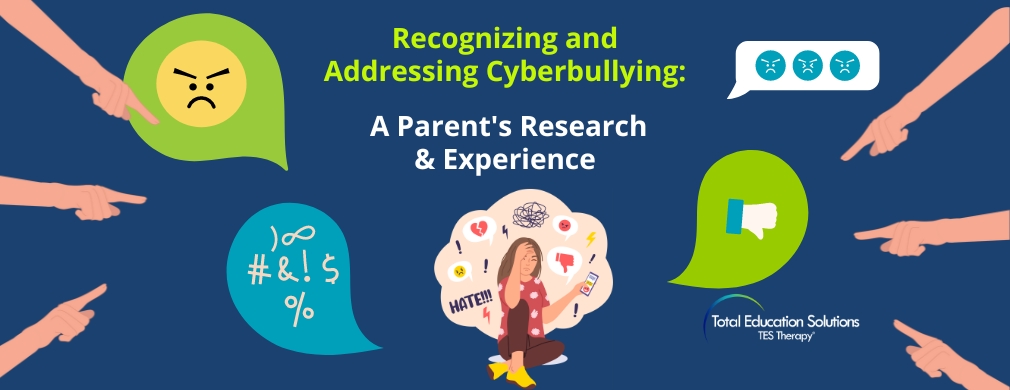One of the biggest challenges of being a parent is getting your child to sleep. This is no easy feat, as it’s not always clear what can help your baby sleep more soundly, and what is good or healthy for them in ways conducive to proper rest.
It might seem much more difficult at first, and the challenges that come, coupled with the experience of parenting, certainly can be trying at times, but there’s information out there that will help inform your process. You may be wondering, can infants and toddlers have insomnia? Is it possible to be born with insomnia?
Infant insomnia usually results from various factors. It occurs when your infant refuses to go to sleep, and is awake all night. As you can imagine, this is a huge problem for parents, as when your baby can’t sleep, you are unable to sleep as well. And when your sleep cycle is disrupted by your infant, you tend to not have as much energy during the day, making you very irritable too.
Luckily, there are ways to help fix this, and we’re going to detail them in this article, giving you a few methods of coping with infant insomnia and receiving a better night’s rest.
Identifying Infant Insomnia & Suggestions for Coping
The life of a parent isn’t easy, and when your child doesn’t get enough sleep, it becomes even more difficult. The first step in realizing the problem is knowing the symptoms. Mainly, that being if your baby has the tendency to wake up frequently during the night and tends to cry until comforted by a parent.
Once you know that, you can begin fixing the problem. Usually with infants, what distresses them can also be one of the factors that distresses adults. Sometimes a hot room or noisy environment can very much contribute to infant insomnia.
Keep things quiet and cool
It’s usually normal for babies to wake up frequently, but the problem can quickly turn into Infant Sleep Disturbance (ISD). You can help fix this by doing a few simple things to make your infant’s rest that much more peaceful.
For starters, you’ll want to make sure that your baby is sleeping at a comfortable temperature. If things are too cool, make sure to wrap your baby in light layers. Avoid using space heaters for baby rooms, as they can make your baby overheat and you may not know it.
If things are too hot, look for telltale signs. Your baby may begin to sweat or look flushed or have fast breathing. You’ll want to keep your thermostat at a comfortable temperature, like 70 degrees, and a fan might also come in handy for cooling your infant.
Avoid Sugary Foods in the Evening
Sugary foods too can contribute to a lack of sleep in infants and toddlers, so you’ll want to possibly avoid those before bed. Making sure that your infant’s room is quiet, free of noise and other disturbances, and is dim or dark enough to not irritate them is key for healthy sleep.
Remember that even the slightest noises can wake up an infant, so silence here is key. You wouldn’t want to be woken up in the night by noises, so you should expect the same for your child.
How infant insomnia affects you
While your baby will suffer from a lack of sleep, there’s also a tangible and noticeable effect on your own well-being. For starters, if you’re constantly up during the night to comfort your child, you’re not going to get enough sleep, which is bad for your sleep cycle and internal sleep rhythm. When that happens, you might become more irritable and restless, lacking energy to be at your most efficient during the day.
So because of this, infant insomnia is a big problem you should take notice to fix. The faster you can fix sleep problems for your infant, the sooner you both can get better rest.
If you have a partner, you might want to take turns in taking care of your child. When infant care happens in shifts, both of you can get some amount of sleep, which is definitely better than nothing.
Conclusion
Infant insomnia can take a toll on your health and make sleep very uncomfortable for your baby, but you can help fix this. One of the best ways of alleviating this issue is to make sure your infant’s room is comfortable, quiet, and conducive to good sleep.
If you’re ever not sure of how to help give your infant more rest, or aren’t entirely sure what to look for, you can always ask your pediatrician for advice on helping your baby to sleep. They’ll know what’s best for you and your baby.
With this article, you should have a good starting point for knowing about infant insomnia and treating it. If you take the right precautions and apply information learned, you’ll be well on your way to better rest for you and your baby.


 20 May 2019
20 May 2019 







